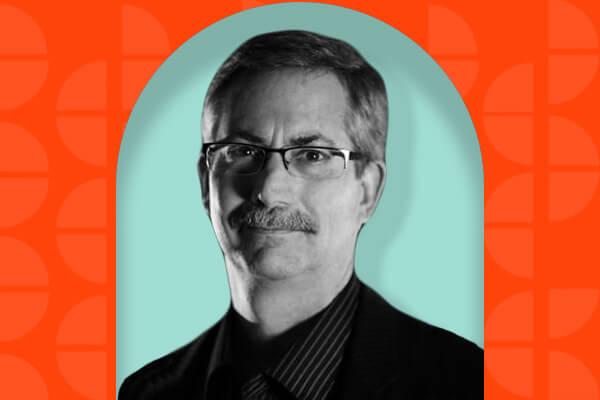IN THE AUGUST issue of Sojourners, editor Jim Rice raises questions about the ethics of military chaplaincy in his column, “Grain of Salt.” Editorial assistant Liz Bierly spoke with Rice, who joined Sojourners in 1982, about how he became editor of Sojourners, his commitment to environmental activism and peacemaking, and how he lives out the values of the magazine. Read his most recent column.
This interview has been edited for length and clarity.
Liz Bierly, Sojourners: How did you first come to be connected to Sojourners?
Jim Rice: I came to Sojourners through voluntary service. I was in the Jesuit Volunteer Corps, working at Georgetown University on peace issues. I started working in collaboration with the peace ministry folks at Sojourners specifically around the nuclear weapons freeze campaign. Long story short, I got hired and came to work on the peace ministry here at Sojourners, and I’ve been here ever since.
I became editor of the magazine in summer 2006. One thing I find most compelling is that we may do the same round of things issue after issue, but the content of what we deal with is always different. There’s always new material to learn, issues to learn more about, amazing stories about what people are doing to make a difference in the world, and it’s very inspiring to be part of that month after month.
Read the Full Article

